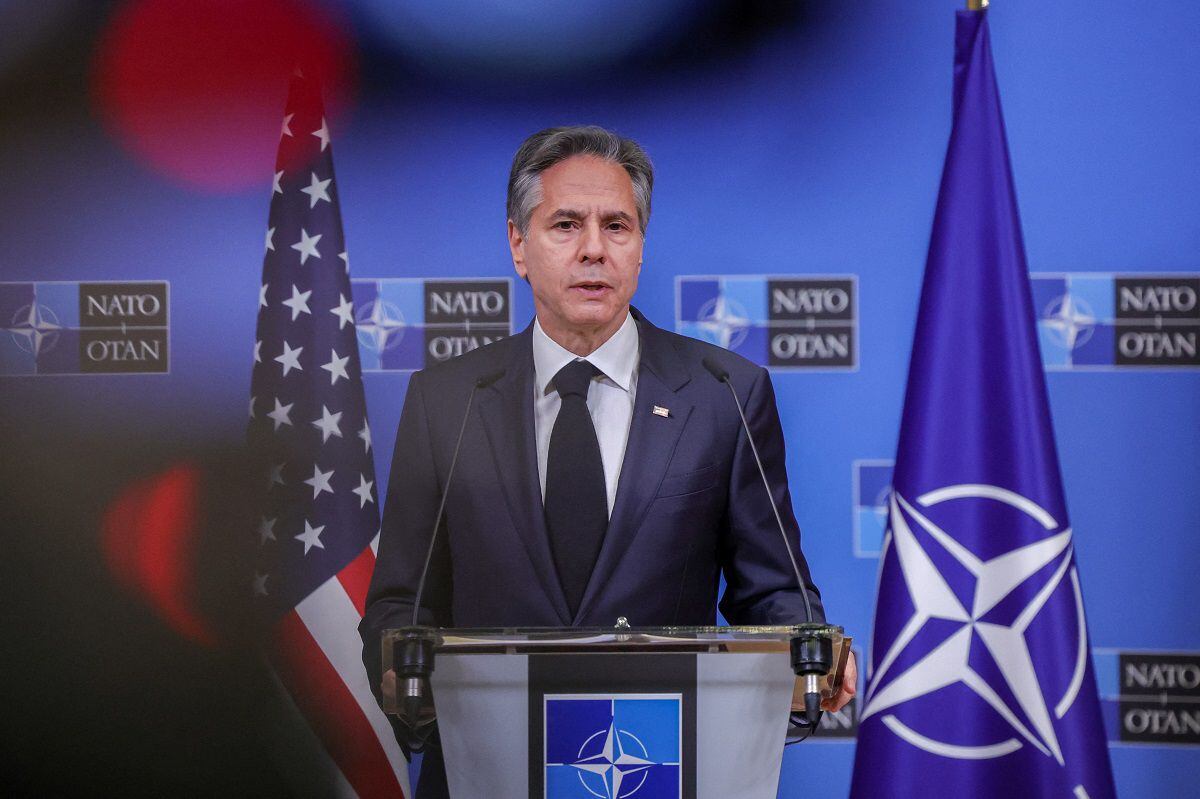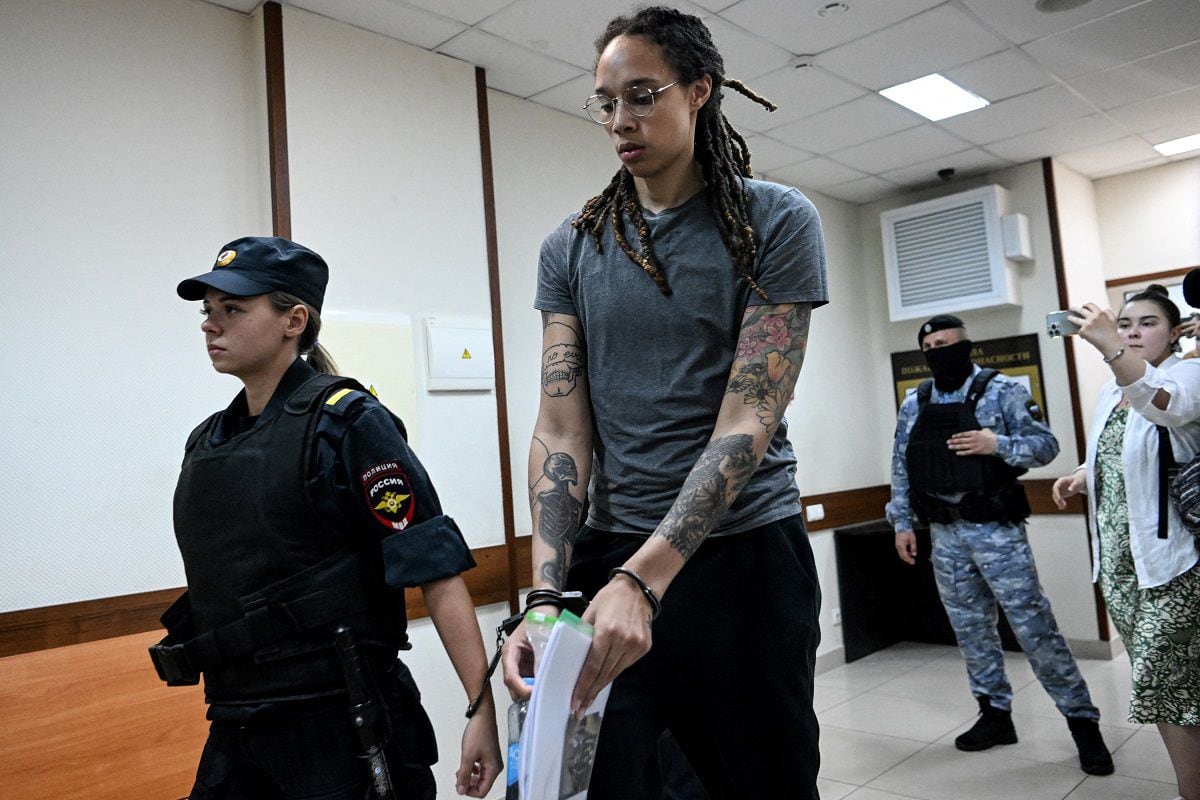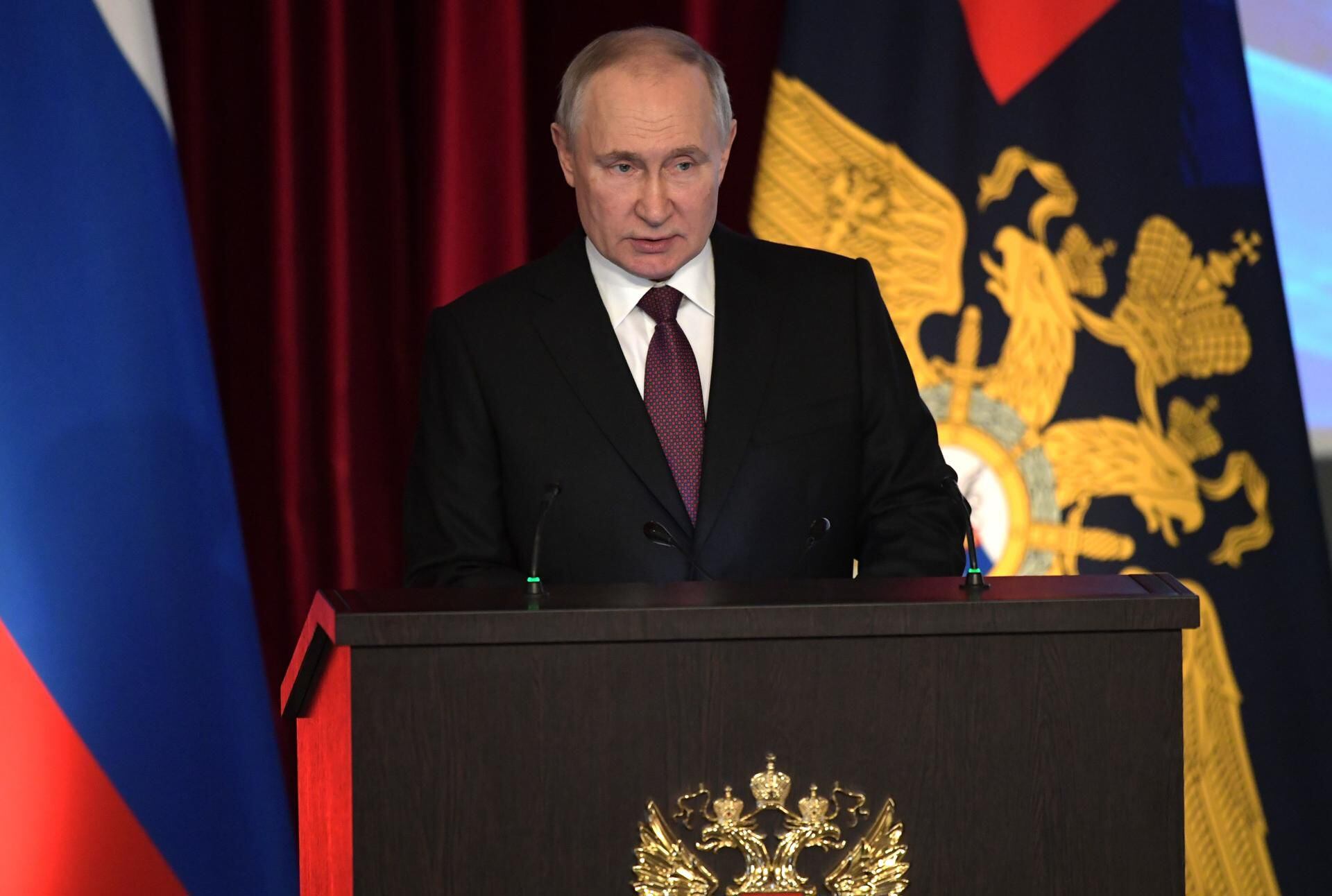A american journalist who was reporting on the Uralvagonzavod military plant in Western Siberia, was arrested by the Federal Security Service (FSB) local, accused of carrying out espionage work for Washington.
READ ALSO: US Warns Russia Journalist’s Arrest Will Isolate Russia Further From World
This is news that one could have read between 1947 and 1991, when USA and the then Soviet Union were engaged in the so-called Cold War – the spy war. But no, this happened just two weeks ago.
On March 30, Evan Gershkovich, a prominent journalist for the American newspaper The Wall Street Journal (WSJ), was arrested in the city of Yekaterinburg and transferred to a Moscow prison, awaiting trial on charges of espionage.
According to Russian Foreign Minister Sergei Lavrov, Gershkovich was captured with “hands in the dough”.
There has been no further explanation from the Russian authorities about the accusation against Gershkovich, who on Tuesday the 18th will have to sit on the bench to try to defend himself against the charges that could land him in jail for up to 20 years.
VOICES OF PROTEST
Both the WSJ and international organizations such as Reporters Without Borders (RSF) and the US government have condemned Gershkovich’s arrest, calling it unfair and illegal.
“The arrest of Evan Gershkovich clearly amounts to an institutional hostage-taking. The Russian authorities are showing marked bad faith, otherwise they would respect your defense rights. We know that this government is creative when it comes to manipulation, especially with regard to journalists.”, said the general secretary of RSF, Cristóbal Deloire.
The WSJ, for its part, assured that Gershkovich’s arrest “it should provoke outrage among all free people and governments around the world. No reporter should be arrested simply for doing their job.”.
The same day the journalist was arrested, the US government summoned the Russian ambassador to his country for consultation to address the case. Last Monday, Secretary of State Antony Blinken described as “arbitrary” the arrest of Gershkovich and demanded his release, along with that of Paul Whelan, a marine imprisoned in the same country since 2020.

“We call on the Russian Federation to immediately release GershkovichBlinken added in a statement. “Journalism is not a crime. We condemn the Kremlin’s continued crackdown on independent voices in Russia and its ongoing war on the truth”.
The one who also criticized the arrest was President Joe Biden, who communicated by telephone with Gershkovich’s family on Tuesday the 11th, although he did not provide further details about their conversation.
THE GRINER CASE
“These types of arrests already seem like a tradition in Russia. Someone is arrested, accused of espionage without further support and a prisoner exchange is negotiated”, he comments to Trade the analyst and director of the Institute of European Studies of the University of Piura, Enrique Banús.
The expert assures that until now the actions of the United States are part of the normal processes in these cases and he sees it as unlikely that the issue will escalate within the diplomatic sphere.
On the contrary, like different international analysts consulted by organizations such as RSF at the time, Banús believes that an attempt will be made to use Gerschkovich as a bargaining chip.
“The call for consultations is the usual reaction of a country to express dissatisfaction with the actions of its government. If it continues through diplomatic channels, it would have to call its ambassador in Moscow for consultations, expel a Russian diplomat from its territory. But I don’t think it will come to that because it would be very strong. Hostage exchange is most likely, there are some possible cases in the United States and other allied countries. Just last week they arrested two Russian spies in Slovenia”, explains Banús.
Gerschkovich’s case immediately brings to mind what happened to women’s basketball star Brittney Griner a few months ago.
The American athlete, who traveled to Russia during the WNBA (the women’s basketball league in her country) vacation to play for a local tournament team that paid better salaries, was arrested in February 2022 when she was preparing to travel to the United States. United when cannabis oil was found in his luggage.
Griner was charged with smuggling and possession of cannabis oil, charges for which she was sentenced to 9 years in prison; However, in December of the same year, Washington and Moscow agreed to exchange the athlete for a Russian arms dealer.

It was Viktor Bout, nicknamed the Merchant of Death for having dedicated himself to selling military weapons to other traffickers and dictatorial regimes around the world after the fall of the Soviet Union. Bout was serving a 25-year sentence in a US prison at the time of the trade.
“Griner’s case was brazen, now a journalist. It strikes me that they go for a WSJ journalist, it means that they did not find another with less relevance”, comments Banús in this regard.
This time, according to analysts consulted by RSF, Moscow would seek to exchange Gershkovich for Sergey Cherkasov, an alleged Russian intelligence officer recently accused in the United States of trying to infiltrate the International Criminal Court.
JOURNALISM TO SALTO DE MATA
Both the Griner and Gershkovich cases are part of the war unleashed by Russia on Ukraine that has been condemned by most Western governments and has put Moscow under undeniable international pressure.
Banús explains that in these contexts the taking of political prisoners and the exchange negotiations increase. “When I lived in Germany, during the Cold War, there was a ministry that had funds set aside to pay for political prisoners from the other (East) Germany and they were controlled only by a committee of Parliament. If there were spies, those prisoners were exchanged for spies, otherwise those funds were used. This has a very long tradition, only the Russians are being very cheeky “says the expert.
Since the start of the war with Ukraine, most Western journalists and major media outlets have left Russia because of the growing risk that they could be arrested on charges of spying or being labeled as “foreign agents.”
The latter responds to a judicial reform undertaken by Vladimir Putin last year in which, basically, anyone who does not agree with his thoughts is considered an enemy of the State or a threat to national security.

Gershkovich’s arrest undoubtedly heightens the pressure and sense of threat on the few Western media correspondents still in Russia.
“The journalists who are in Russia have an accreditation and have obviously passed the Secret Service filters. That is why it is not normal that they have arrested one. This undoubtedly increases the pressure on foreign correspondents, who already live under the uncertainty of knowing what espionage is in Russia. There is a margin of total arbitrarinessBanús warns.
UNPARALLELED IN 37 YEARS
According to the latest Press Freedom ranking prepared by RSF, Russia is ranked 155 out of 180. This would reflect a drop of 5 places in the ranking compared to the previous year and the main reason would be the actions taken by Moscow after the start of the war in Ukraine.
Since February 2022, almost all independent media have been banned, blocked and/or declared “foreign agents”. In addition, 21 journalists remain imprisoned in the country.
However, the last time an American journalist had been accused of espionage in Russia dates back to 1986, during the Cold War between the United States and the now extinct Soviet Union.
Back then, the KGB arrested Nicholas Daniloff, a correspondent for US News and World Report who ended up being released 20 days later after exchanging him for suspected Soviet spy Gennady Zakharov.

“In both cases, curiously, they were of Russian descent. Both are children of Russians who immigrated to the United States.”, comments the analyst.
“This time it strikes me that they are looking for a WSJ journalist, which means that they did not find another with less relevance. As far as we know, the WSJ is already lobbying the US to expel some diplomat or limit reporting to Russian journalists.”, he adds.
Source: Elcomercio
I am Jack Morton and I work in 24 News Recorder. I mostly cover world news and I have also authored 24 news recorder. I find this work highly interesting and it allows me to keep up with current events happening around the world.

:quality(75)/cloudfront-us-east-1.images.arcpublishing.com/elcomercio/KLYBULICDZDD3JNH5I5I4CFYTY.jpg)





